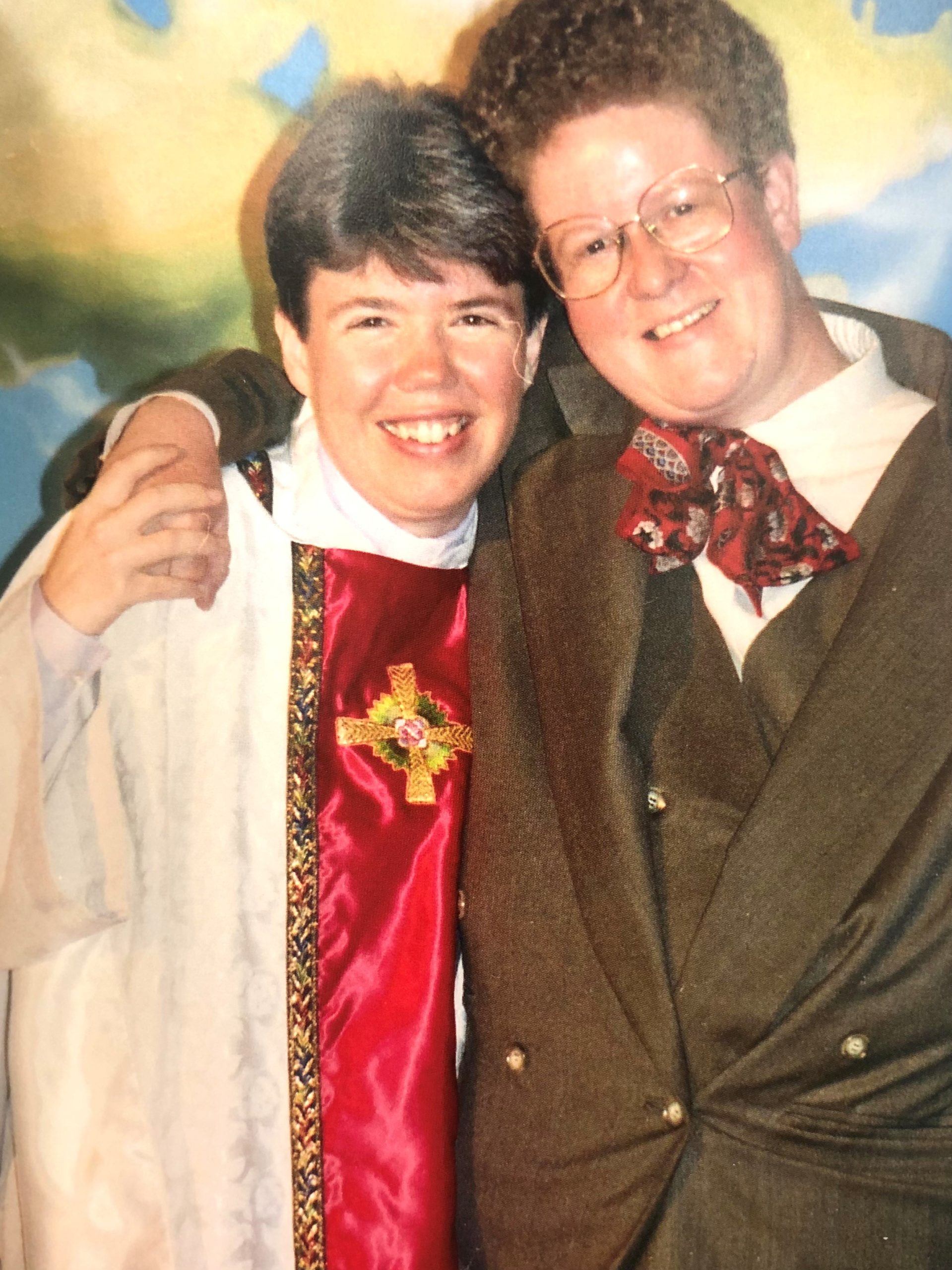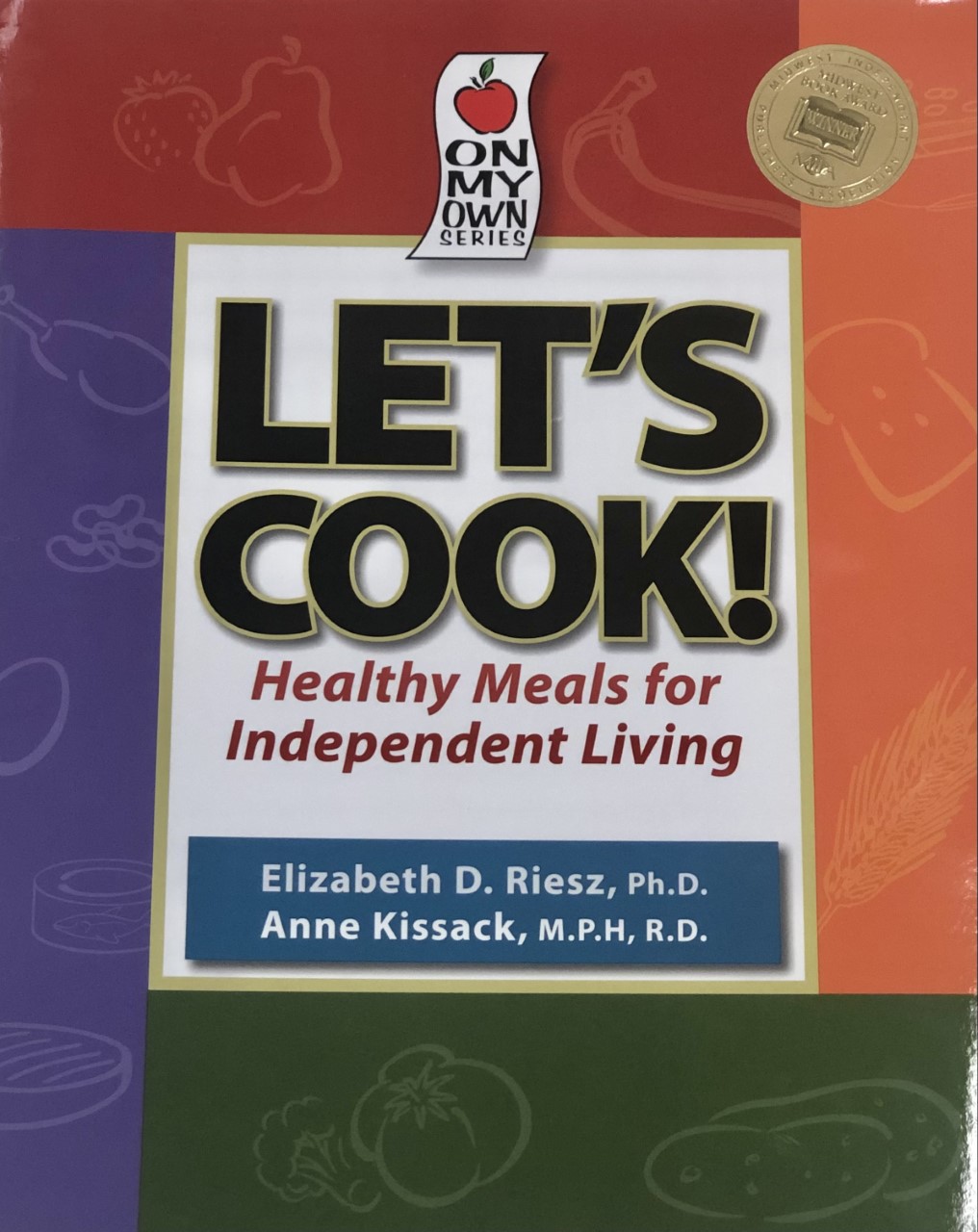This post was written by IWA Student Specialist, Abbie Steuhm. The LGBTQ+ community has grown in incredible size and visibility in the last decade. The legalization of same-sex marriage in the U.S. in 2015 was a colossal milestone for LGBTQ+ rights, and it has arguably helped in the normalization and acceptance of LGBTQ+ people nationwide.Continue reading “Kittredge Cherry and Audrey Lockwood: A Love Story”
Tag Archives: Abbie Steuhm
Disability Rights in the Elizabeth Riesz Papers
The following post was written by IWA Student Assistant, Abbie Steuhm. The Disability Rights Movement has seen great progress and recognition in recent years; however, as with most social movements, the historic past for disabled people is one of severe discrimination and offensive, prejudiced, and even racist language. On January 30, 1972, Anthony Shaw, M.D. published anContinue reading “Disability Rights in the Elizabeth Riesz Papers”

